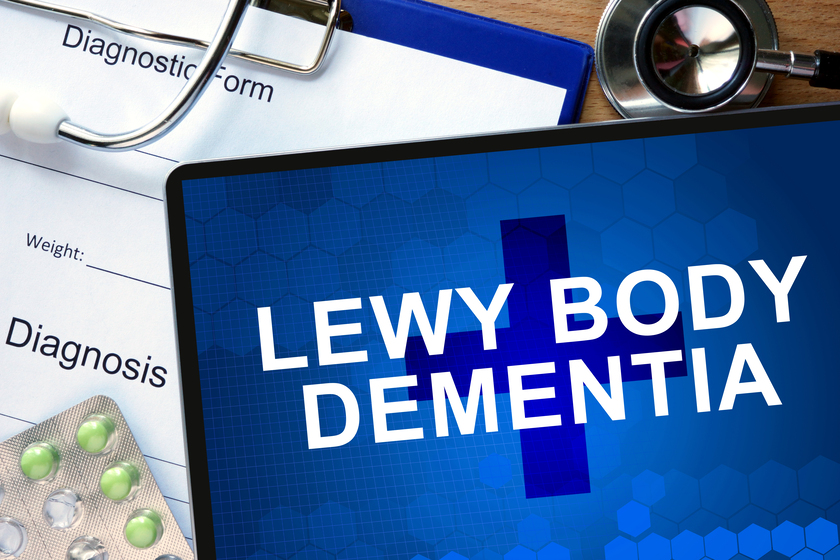Lewy body dementia (LBD) is a type of dementia that affects an estimated 1.4 million people in the United States alone. Despite its prevalence, many people are unfamiliar with this condition and have questions about its symptoms, causes, and treatment.
If you have been trying to find answers to some questions about Lewy body dementia, this article will help you in answering some of the questions and give you insights on some facts you need to know about Lewy body dementia.
What Is Lewy Body Dementia?
Lewy body dementia (LBD) is a progressive neurological disorder that affects cognitive function, movement, and behavior. It is caused by the buildup of abnormal protein deposits, called Lewy bodies, in the brain. These deposits can disrupt normal brain function, leading to cognitive decline, Parkinsonism, and other symptoms.
What Are the Symptoms of Lewy Body Dementia?
The symptoms of Lewy body dementia can vary from person to person, but typically include the following :
- Fluctuations in cognition, attention, and alertness
- Visual hallucinations
- Movement problems, such as stiffness, tremors, and shuffling gait
- Sleep disturbances, including vivid dreams and acting out dreams
- Changes in behavior and mood, such as depression, anxiety, and apathy
How Is Lewy Body Dementia Diagnosed?
Diagnosing Lewy body dementia can be challenging because its symptoms can overlap with other conditions, such as Parkinson’s disease and Alzheimer’s disease. A thorough medical history, physical examination, and neurological evaluation can help diagnose Lewy body dementia. Imaging tests, such as a computed tomography scan or magnetic resonance imaging (MRI), can also help rule out other conditions and detect brain changes associated with Lewy body dementia.
Is There a Cure for Lewy Body Dementia?
Currently, there is no cure for Lewy body dementia. Treatment focuses on managing symptoms and improving quality of life. Medications, such as cholinesterase inhibitors and antipsychotics, can help alleviate cognitive and behavioral symptoms. Physical therapy and exercise can improve mobility and balance, while counseling and support groups can provide emotional support to both patients and caregivers.
Moving to a memory care community can make it easier to have timely access to appropriate care, as most memory care communities have amenities that cover some of these services. Ensure you do your research and be sure to find the right memory care that provides the necessary services that will meet your needs.
What Is the Prognosis for Lewy Body Dementia?
The prognosis for Lewy body dementia varies depending on the individual and the stage of the disease. In general, Lewy body dementia is a progressive condition that worsens over time. On average, people with this condition live for about 5 to 8 years after diagnosis. However, some people may live for many years with mild symptoms, while others may experience a more rapid decline.
Is Lewy Body Dementia Hereditary?
While there is no clear genetic link to this condition, there may be some genetic factors that increase the risk of developing the condition. A history of Parkinson’s disease or Alzheimer’s disease in the family may increase the risk of developing Lewy body dementia. However, most cases of Lewy body dementia occur sporadically, without a clear family history.






